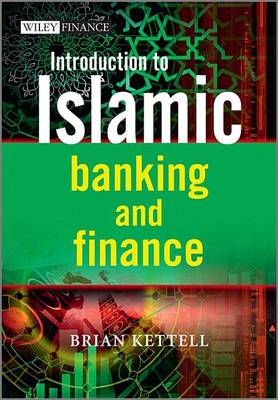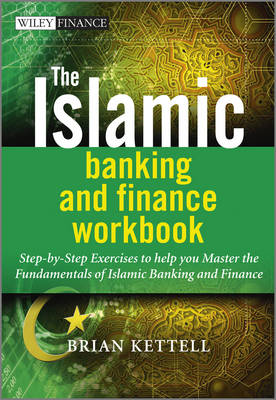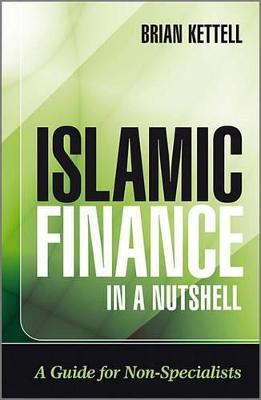The Wiley Finance
2 primary works • 4 total works
Book 594
Islamic banks have been operating in places such as Bahrain, Saudi Arabia, Malaysia and Dubai for some time. Conventional bankers have traditionally viewed the sector as a small, exotic niche but recent years have seen a dramatic surge in popularity. A number of Western investment banks have started working with Muslim clerics to create new ranges of financial products designed for devout Muslims, a large and growing market. Although estimates of the size of the Islamic finance industry vary greatly, everyone agrees that it is expanding rapidly and this is the perfect book for anyone looking to understand the industry.
Book 595
The Islamic Banking and Finance Workbook is a one-of-a-kind workbook on the topic, enabling readers to test their understanding of Islamic banking and finance concepts. Although suitable as a standalone learning tool, the book is designed to test the information covered in the companion book, Introduction to Islamic Finance and Banking, and covers the fundamentals of Sharia'a law, the Islamic contracts interpretations and definitions, Murabaha, Mudaraba, Musharaka, Istisna'a, Salam and Ijara modes of finance, Takaful and much more. Emphasis is placed on mini case studies, multiple choice questions and tests of the basic concepts. It also includes a full answer key and brief chapter summaries, as well as learning objectives.
The Islamic Banking and Finance Workbook is an essential learning tool for students and practitioners who want to test their knowledge of the rapidly growing world of Islamic banking and finance.



